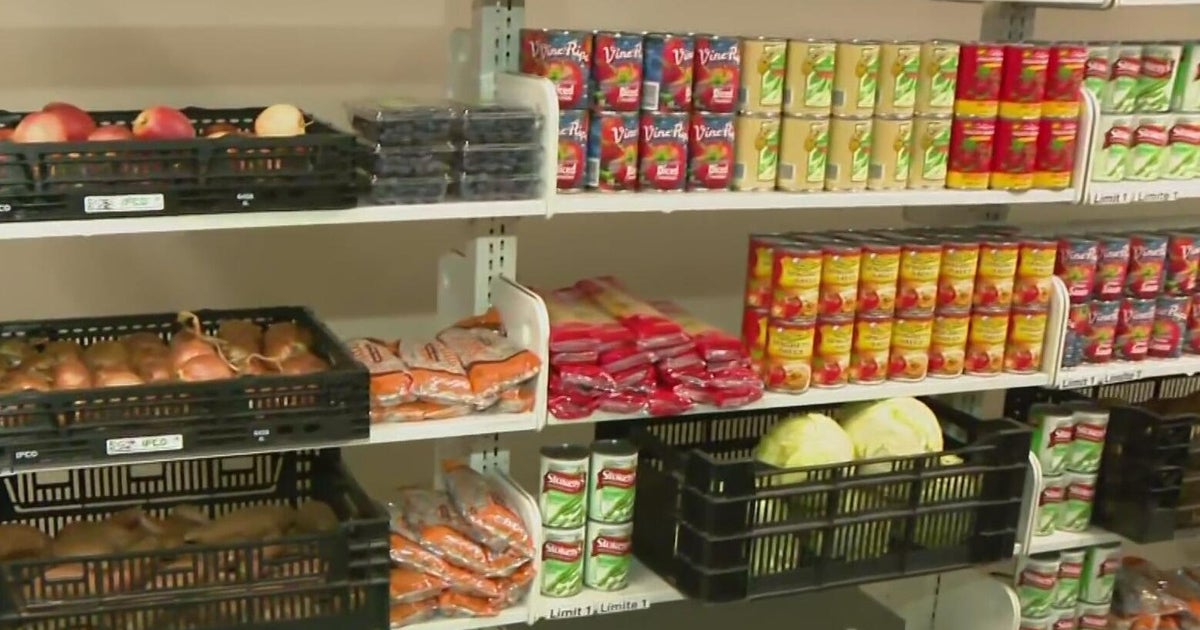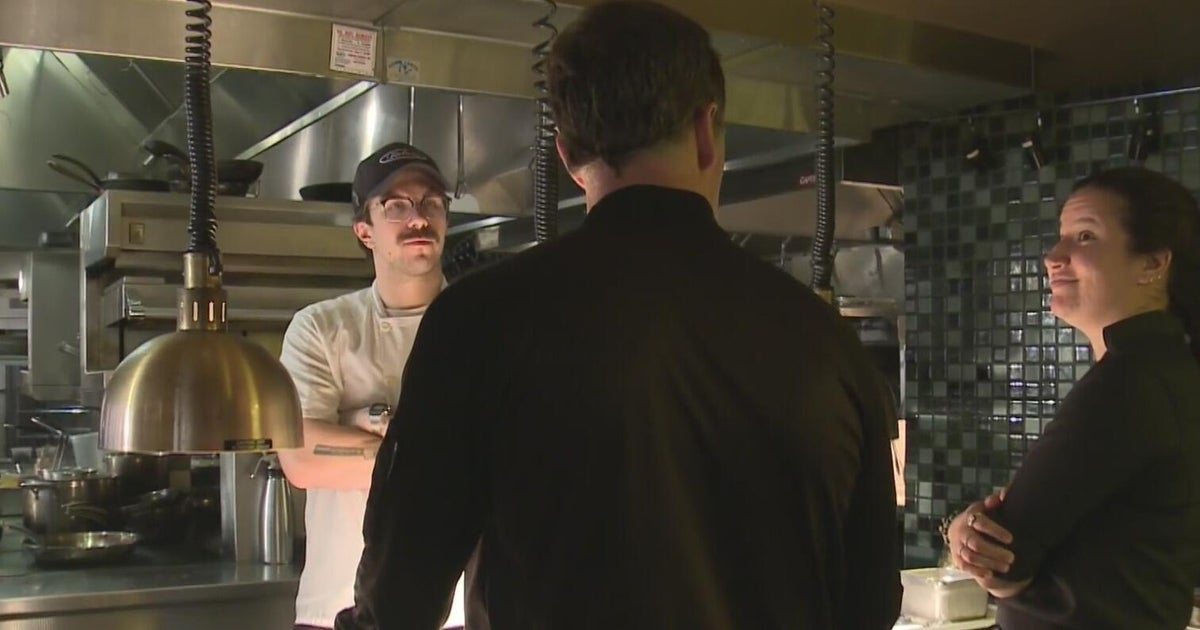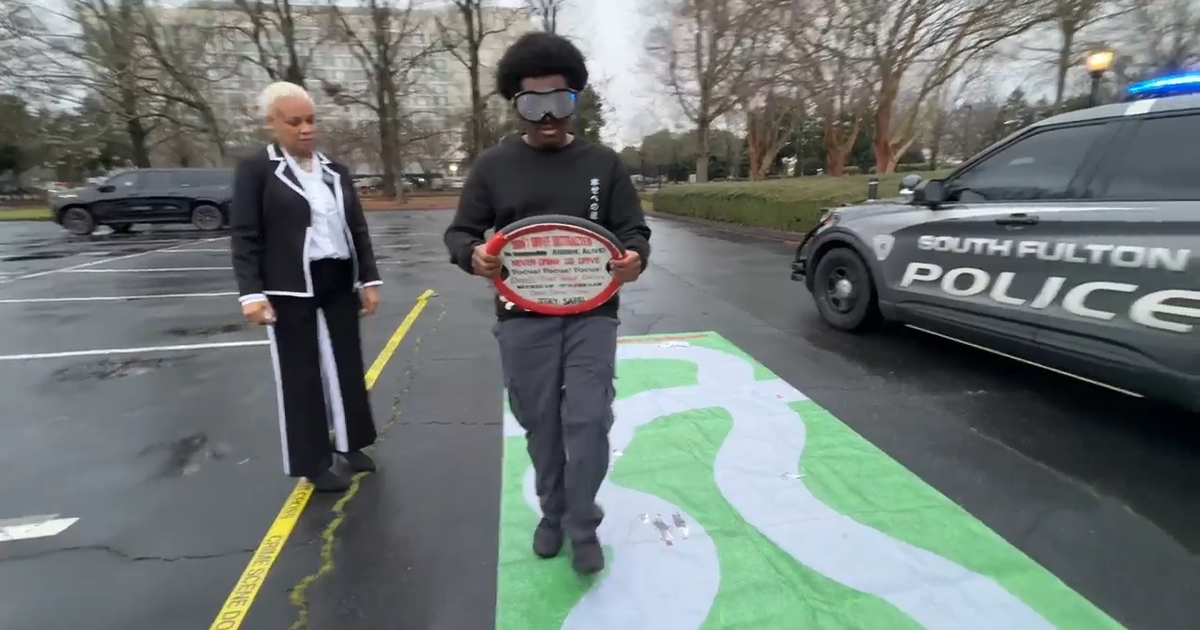Doctors Say Testing Kids For Food Allergies Is Not Always Wise
DALLAS (CBSDFW.COM) - Ann Pask of north Dallas has to be extremely careful when she packs her son's lunch. "You're always reading labels and you know what's in everything," said the mother of two.
Pask's son, Eric, is deathly allergic to eggs, fish and shellfish, and until recently, milk as well. "When he was four, he had a reaction at Starbucks. We thought it was soy milk, but it was cow's milk," recalled Pask. "We had to use the EpiPen, call 911 and we spent the rest of the day at the hospital."
Eric has since worked with an allergist and has slowly built a tolerance to milk. He still has his other food allergies and must scrutinize everything he eats.
Eric is not alone. A study by the Food Allergy Initiative found that one in 13 children have food allergies and 40-percent of them suffer severe reactions. "Food allergy is remarkably common and seems to be increasing," according to Dr. Richard Wasserman. "I see more and more food-allergic children every month."
Dr. Wasserman treats children with food allergies at Medical City Dallas Hospital. The pediatric allergist believes that subjecting children to skin and blood tests, without reason, may do more harm than good, because the tests can be inaccurate. "Testing without a good history results in frequent false-positive tests. Those false-positive tests can be misunderstood and a child could be labeled food allergic when they're really not."
By not testing children, parents are left with one option, and that is to wait for their children to have an allergic reaction before testing them. However, that reaction could be severe, even deadly. Doctors say typical signs of a food allergy include, hives, sneezing, swelling, a tingling sensation and wheezing.







